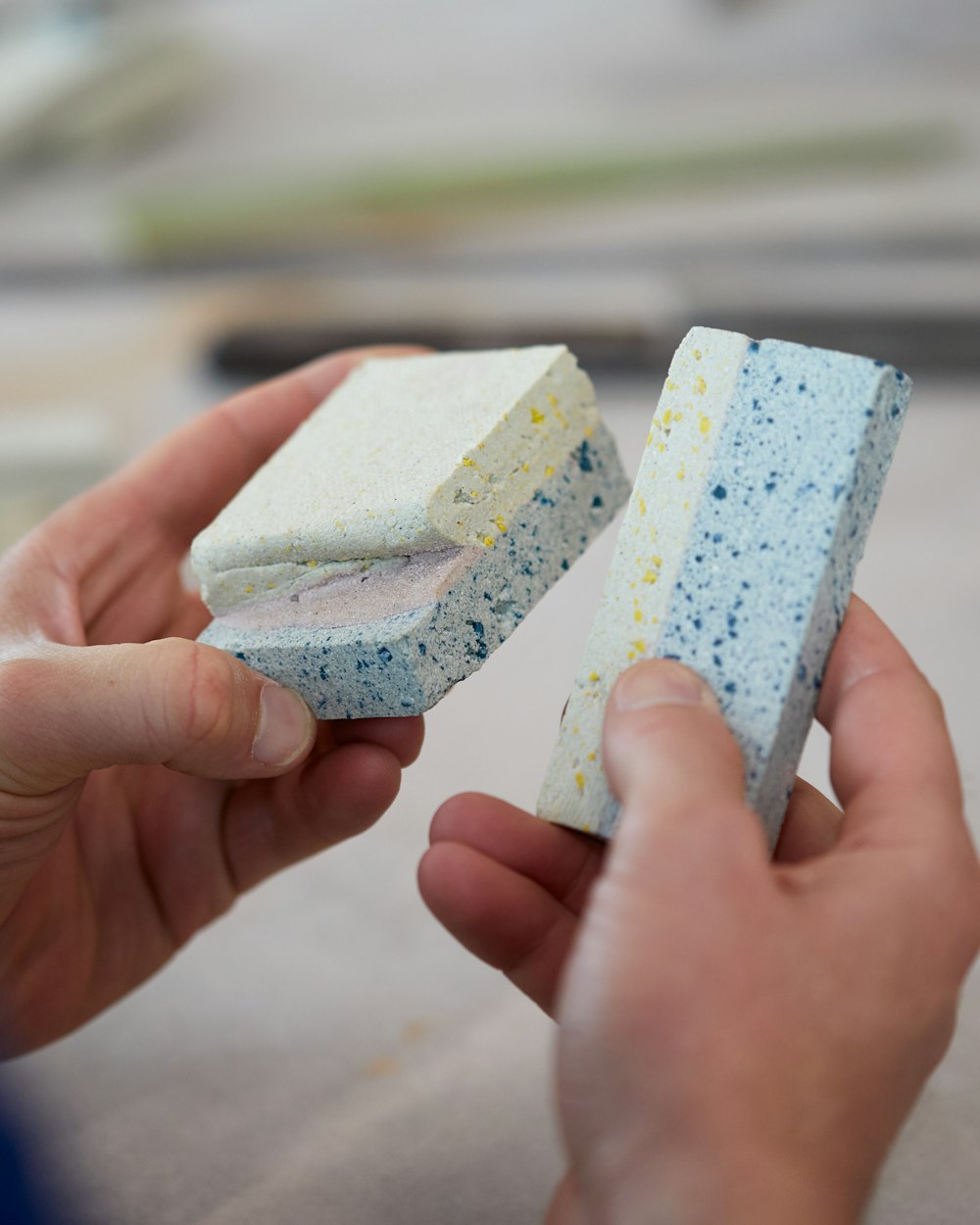Anchor R&D: why conduct material research?
Our practice-based approach to research and development combines both creative and critical enquiry to assist us in purposefully considering materials, objects, space and place.
Projects / 04.2022

WHY DO MATERIAL RESEARCH?
Anchor’s research and development (R&D) program was seeded through our connection with all aspects of the creative process, as well as an innate curiosity about clay as a material.
Everything we do in the studio puts people at the centre and all work is generated through a process of collaboration. At the start of any making process, our interdisciplinary team has the opportunity to ask questions such as – ‘how would it be made?’, ‘what would it be made of?’ and ‘why would we make it?’
The studio itself then acts as a space for those open-ended questions to be explored with multiple perspectives being offered by the team as part of an ongoing commitment to material research and creative enquiry. This approach not only fosters innovation but helps to identify solutions and responses to material resource and design challenges.
Whilst ubiquitous, we are keenly aware that clay is also a finite resource. It also hasn’t escaped us that through the process of making, the studio itself creates a not insubstantial amount of waste - mainly because ceramic processes and practices are constantly evolving and failure is possible at every stage. As a team we identified that we wanted to research how we could utilise industrial waste as a resource and we have built the studio’s R&D framework around that premise.
We know that clay's plastic-like qualities and its propensity to mimic other materials offer seemingly endless surface, structural and form possibilities. This knowledge of the material meant we were confident that deeper exploration would produce multiple enquiry streams and research opportunities.
When working in the R&D program the team at Anchor operate at the intersection of digital processes and material practice and all known and emerging avenues for object realisation are treated as a knowledge resource. We are process agnostic and explore unconventional making techniques and processes. The outcome remains unknown until the R&D experiment is complete and fail and progress points have been identified. Genuine opportunities have emerged to develop new knowledge and apply it into further material research and product development.
PRACTICE-BASED RESEARCH
Practice-based research is an original investigation undertaken to gain new knowledge partly by means of practice and the outcomes of that practice.
Anchor formalised its practice-based R&D program in 2017. We record our progress and findings against an established hypothesis and our tests, trials, and experiments are conducted and logged.
Whilst the context of activity is described in words, a fuller understanding of the research occurs by directly referencing the material outcomes. An extensive body of work has been undertaken and expressed through artefacts of creative work, objects, maquettes, tests, pilot projects, designs, digital media, process presentations and exhibition. The research artefacts contribute to new material knowledge generated through the program.
As the program is developing, a new understanding about practice is also beginning to emerge, be documented and shared. Essentially, the R&D process generates the work, supports ongoing material and form iteration, which is then realised through an interdisciplinary team opening new lines to creative enquiry and responsible practice.